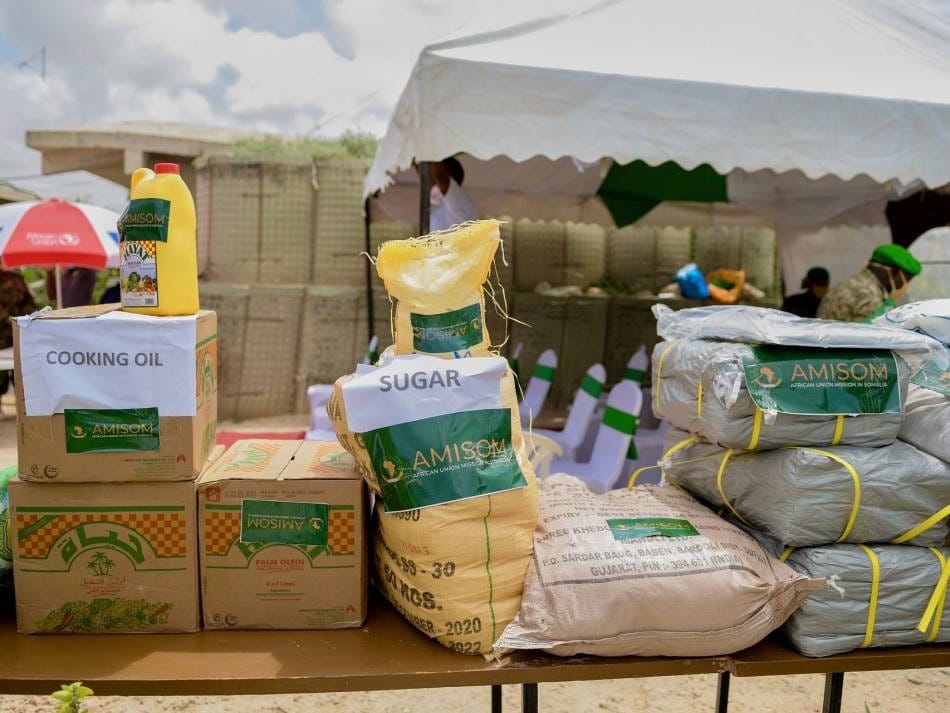GENEVA (AN) — An estimated 274 million people will need emergency humanitarian aid in 2022, up 17% from this year due to war, conflicts, hunger, climate change and the pandemic, the United Nations said on Thursday.
Donors are being asked to provide US$41 billion to help 183 million people who are considered the most in need. They live in 30 countries, mostly in Africa, Latin America and the Middle East, according to a new assessment of needs released by the U.N. Office for the Coordination of Humanitarian Affairs, or OCHA.








